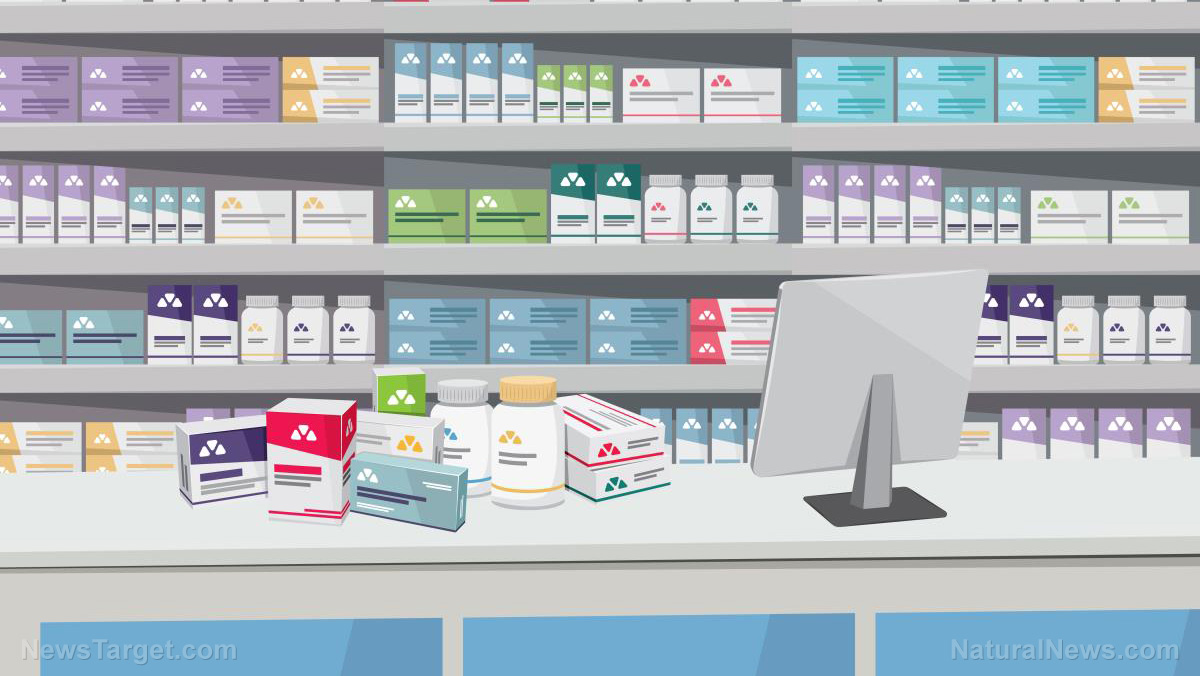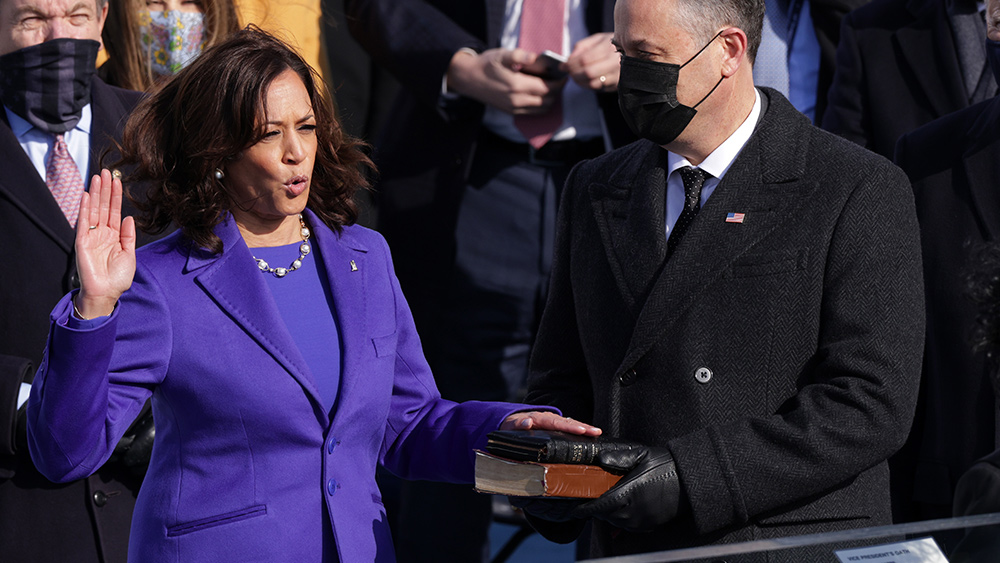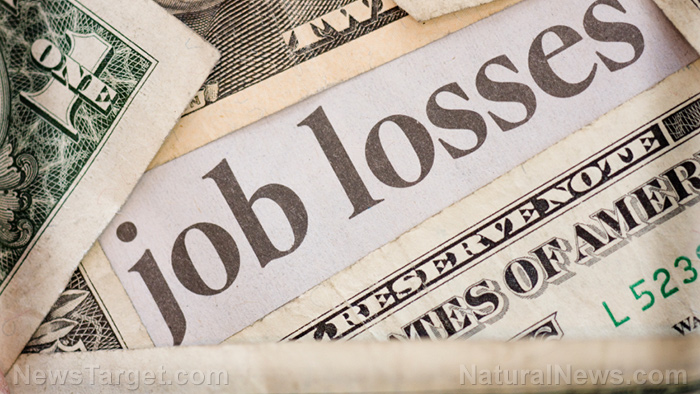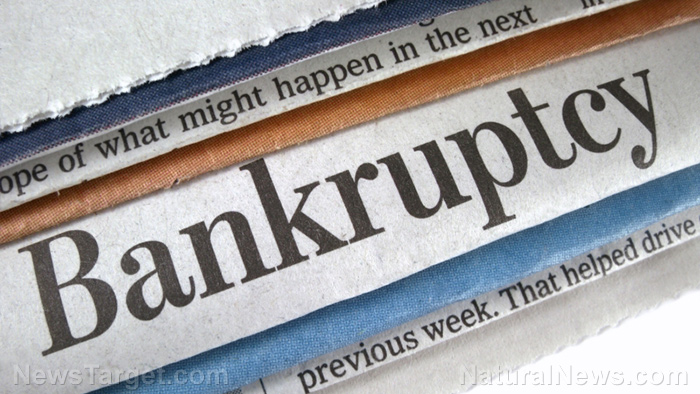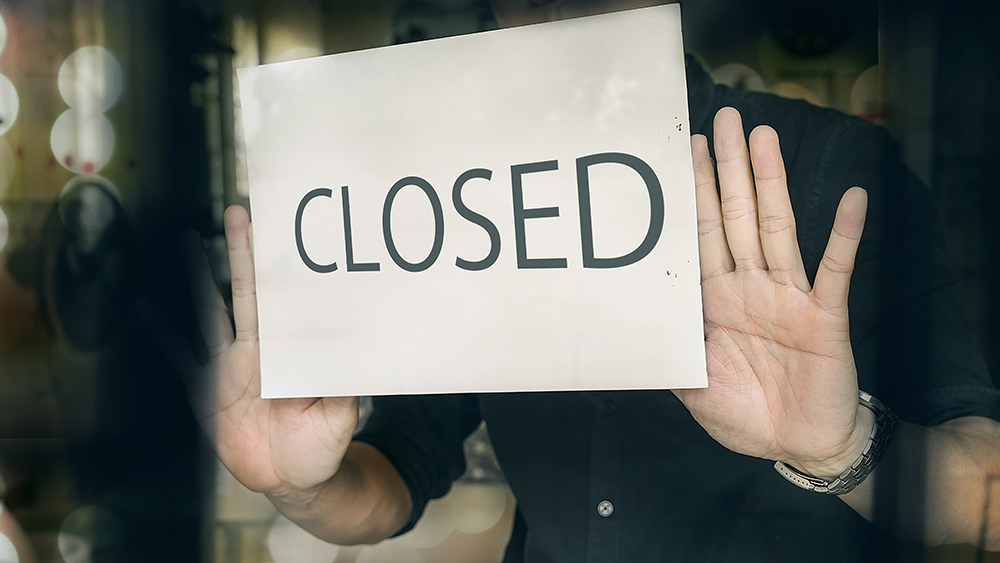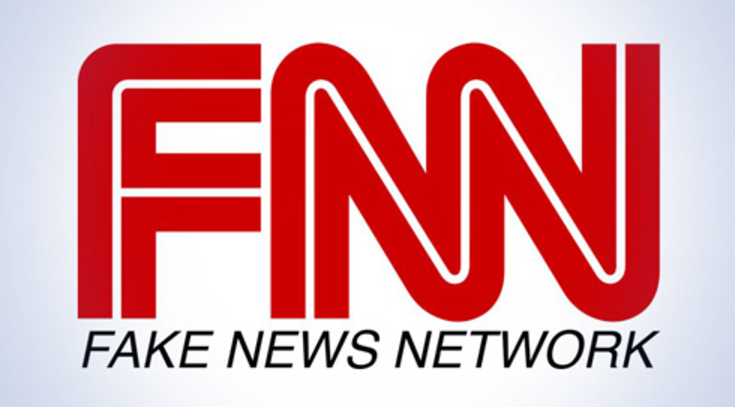NY Fed poll: 28.4% of Americans are searching for new jobs – the HIGHEST RATE in a decade
08/26/2024 / By Laura Harris

A recent New York Federal Reserve poll of consumers has revealed that 28.4 percent of Americans, whether unemployed or currently employed, are seeking new job opportunities.
The findings, part of the New York Fed’s triannual Survey of Consumer Expectations Labor Market Survey, mark the highest level since March 2014, when just under 32 percent of workers indicated the same. (Related: High unemployment rates, high taxes and population exodus pushing Illinois to the brink of collapse.)
This increase in job seekers was most pronounced among respondents older than 45, those without a college degree and those with an annual household income of less than $60,000.
The survey also recorded a record high in expectations of job loss. The average expected likelihood of becoming unemployed rose to 4.4 percent, up from 3.9 percent a year ago and the highest level since the survey began in 2014.
As of July, the unemployment rate remains relatively low at 4.3 percent, though it has risen from its post-pandemic low of 3.5 percent. The increase in unemployment sent shockwaves through the financial markets. This, in turn, has led to a significant sell-off and prompted some economists to call for an emergency interest rate cut from the Federal Reserve.
The Federal Reserve has maintained benchmark interest rates at a two-decade high in its ongoing battle against inflation. The Fed seeks to cool the economy and curb spending by making borrowing more expensive. However, this strategy can also lead to reduced hiring or even layoffs, as businesses may cut costs in response to tighter financial conditions.
Moreover, the data suggests that dissatisfaction with current employment conditions drives many workers to seek new opportunities. More workers are unhappy with their pay, benefits and chances for promotion.
This growing dissatisfaction has echoed the sentiments from the Great Resignation during the pandemic when a wave of discontent led to mass resignations in the United States.
However, the current labor market is less favorable to job seekers than it was during the height of the Great Resignation. With the job market cooling, employers are not as eager to hire workers who have recently left their positions, searching for better opportunities.
Economic experts try to downplay results of NY Fed poll
“The vibes have gotten worse,” said Guy Berger, director of economic research at the Burning Glass Institute, a labor research group. Berger noted that the survey likely reflects the experiences of respondents or those in their social circles who have encountered difficulties finding work.
“It’s not like people should be panicked – this is not like 2008, or COVID – but, given an ordinary person’s balance of risks, it probably is a little higher,” Berger said.
But despite these troubling indications, economic experts maintain that a full-blown recession, typically defined as two consecutive quarters of negative growth, is unlikely.
Berger noted that layoffs remain low and the employment rate for individuals aged 25 to 54 is at an all-time high of 80.9 percent. Additionally, overall labor force participation has remained stable at just under 63 percent for the past year and the job openings rate remains above pre-pandemic levels at 4.9 percent.
However, Berger also acknowledged that the economy has slowed down.
“It’s hard to find data moving in the right direction,” he said. “The best you can say is that some data are in a good spot and not getting worse. But most data points are, on average, moving slowly in the wrong direction.”
Read more stories like this at Bubble.news.
Watch this clip from InfoWars as Robert Barnes and George Gammon talk about the true dangers of inflation and the U.S. Federal Reserve’s money-printing practices.
This video is from the InfoWars channel on Brighteon.com.
More related stories:
Interest rate hikes caused 5.8 increase in Canada’s UNEMPLOYMENT rate, survey reveals.
Kamala Harris wants to raise corporate tax rate, punishing small businesses even more.
Initial unemployment claims remain high as recession fears affect labor market.
Jobless claims surge to highest level in 6 months as employers cut jobs due to weakening economy.
Sources include:
Submit a correction >>
Tagged Under:
big government, bubble, economic riot, economics, economy, Federal Reserve, finance, finance riot, job losses, jobs, Jobs Market, market crash, New York Fed, risk, unemployment
This article may contain statements that reflect the opinion of the author
RECENT NEWS & ARTICLES
COPYRIGHT © 2020 Debtbomb.news
All content posted on this site is protected under Free Speech. Debtbomb.news is not responsible for content written by contributing authors. The information on this site is provided for educational and entertainment purposes only. It is not intended as a substitute for professional advice of any kind. Debtbomb.news assumes no responsibility for the use or misuse of this material. All trademarks, registered trademarks and service marks mentioned on this site are the property of their respective owners.

